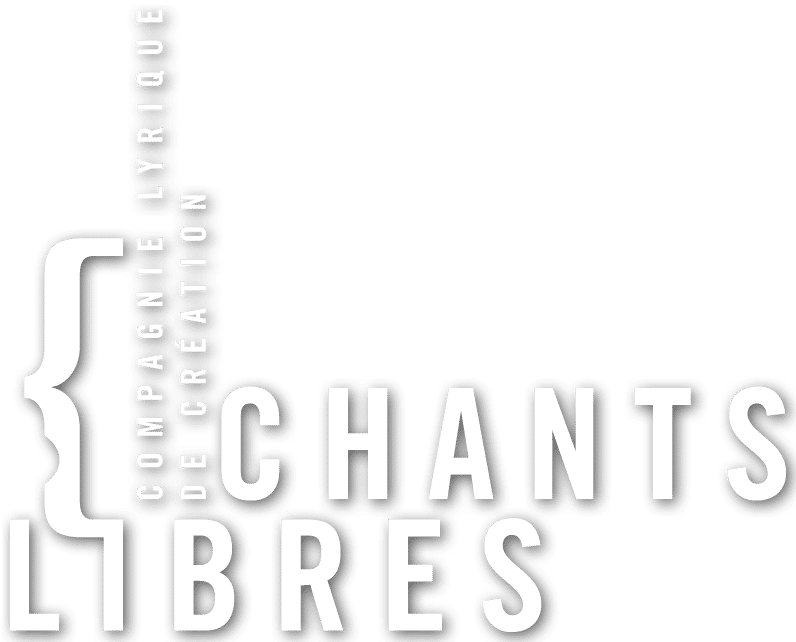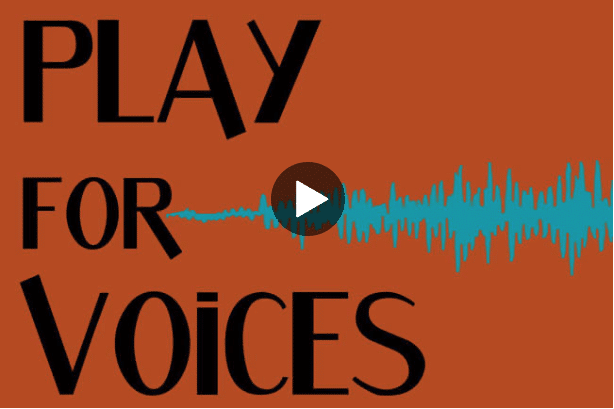How did your collaboration on this opera project with Analía Llugdar begin?
I had written a radioplay for a Mexican composer who is a friend of Analia Llugdar, Javier Maldonado. She reached out to him because she was having problems with her then librettist, who was not delivering the libretto. He suggested that she contacted me. Her original project required historical research that I could not do within a short deadline, so we started a dialogue (via Skype) about other paths to follow. We never met until getting a residency together in Barcelona to work on the first draft of the libretto.
Tell us about the libretto for this opera
Analia and I agreed on our desire to explore strong and complex female characters. I had in my mind three female voices characterized by one meaningful trait or object that would work as symbol of their internal trajectories – a toothbrush, a portable oxygen cylinder, and a wound on the chest. They live in different parts of the world – Argentina, Italy, and UK – and never actually meet; but on a deeper level their internal struggles are similar, and intertwine in a tightly woven poetic composition. Inspired by the Brazilian concrete poetry movement, I wrote the libretto as if I was writing a musical score, with specific notation, and the graphic disposition of the text on the page is very important.
How do you work with the composer?
Working with composers has opened up my ideas and techniques about playwriting. I discovered a new freedom in creating text for music. Each time the process in different. In this case, Analia didn’t give me specific musical patterns that she wanted me to take into consideration. Our dialogue focused solely on the dramaturgy. My concern was to write a text that exudes musicality and to leave enough gaps for her musical work to thrive. For example, there is a chorus of flies in Appena Prima/Appena Dopothat counterpoints the human world. In the libretto, I just give a few suggestions to inspire the composer in building the musical piece for those scenes.
What are the stakes involved in writing a contemporary opera libretto?
There are no rules in playwriting today. This applies also for libretti. Each individual project generates its own mechanism of meaning-making. For this reason, it is very important that the playwright / librettist develops strong “listening skills” to perceive such mechanisms emerging from the material in development. At the same time, it is also important to ask ourselves about the actual “gesture” intended with the piece: what are we proposing to the audience, and why? It is important to have an understanding of the premises and effects of our aesthetic choices, including in terms of politics. To understand the “poelitics” of each piece, so to speak.
A link to a video or audio excerpt representative of your work?
“That Deep Ocean… “, winner of the international radioplay contest of Word Without Borders:
The French production here, with music by Javier Maldonado, broadcast by Radio France.
An excerpt of Appena prima, Appena dopo will be presented at Oper’Actuel – Works in progress 2019.
Two FREE performances:
Saturday, March 16, 8 p.m.
Sunday, March 17, 4 p.m.
Gesù-Centre de créativité
Infos – 514 861-4036
Facebook Event

